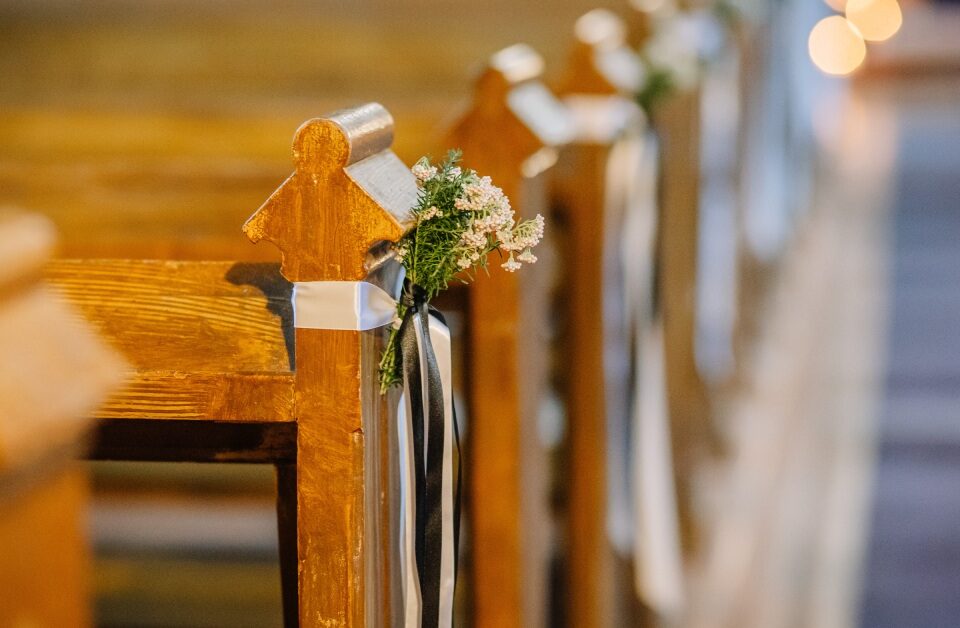New Home, New Life: Moving for a Change of Scenery After a Death

Community Bereavement Resources
March 20, 2020Honoring Leanna Cole
June 20, 2020Grief is a universal human response to loss, though people respond to it in different ways. Some pick up the pieces and continue with life much as they did before the death of a loved one. For others, feeling better means a change of scenery and a fresh start in a new neighborhood or even a new city. Starting over somewhere new gives you the benefit of distance and time, which is such an important part of the healing process.
Moving on
Sometimes, coming to terms with grief requires time to think and sort through emotions without distractions. Physical separation from the scene of your grief can help alleviate the pain that attends the loss of someone close, and it may speed up the grieving process, which can take months or even years. The pain of such an intensely felt personal loss never really goes away, but moving after a death can make it a little easier to deal with.
Living simply
Many people choose to move away in search of a simpler, less encumbered lifestyle. Downsizing reduces your living costs, and it’s freeing: With less clutter and a smaller space to keep clean, you’re free to come and go as you please, which can be a good thing when you’re struggling with grief. Having the freedom to indulge in distractions, like seeing a movie, going to an art museum, or hanging out in your favorite bookstore, can be therapeutic for an individual who’s bowed down with grief.
If you’re in a hurry to move, save time by hiring a professional service to give your house a deep cleaning. It’s one less wearisome task for you, and it’ll leave behind a thoroughly clean living space for the new owners. It’s an affordable and worthwhile investment: The average cost of hiring cleaning services is $30 – $60 an hour.
Decluttering
Decluttering is often the first step in moving after a death, and it can be emotionally jarring for someone who’s just lost a loved one. Decluttering means getting rid of items that are no longer necessary and for which you no longer have room. Getting rid of objects that belonged to your departed loved one may be very difficult because it can feel like a personal betrayal. After all, these are some of your last tangible links to someone with whom you shared a home. Try to be discriminating and keep only the items that have special emotional meaning. Your objective should be to unburden yourself in preparation for a new life.
Decluttering may not be a task you want to handle alone. Ask a family member or friend to help you carry through the difficult decisions that await. Don’t be afraid to ask others for help during this process – they may be willing to take some of it, which keeps it in the family.
Finding a new home
Once you’ve determined how much house you can afford, find a realtor you like and with whom you feel comfortable working. Your realtor can help you find a house in a desirable neighborhood and recommend a home inspection service (in Montclair, the cost of having your home inspected ranges from $350 to $472). Your real estate agent will help market your home and prepare it for sale, which can be a trying experience if you bought the property with your lost loved one.
Moving
Do yourself a favor by hiring a moving company to handle the heavy lifting. Get at least three quotes from different companies, and make sure they’re bonded and fully insured. Take the time to research the best companies by reading online customer reviews and paying careful attention to complaints and negative comments.
A change of scenery after the loss of a loved one can have a powerfully healing effect. Moving in and decorating a new home – and truly making it yours – keeps you busy with no time to wallow in grief. It’s a positive step toward the beginning of a new life.
Courtesy of Pixabay.com.


